
Emmanuel Macron and Marine Le Pen tried until the last minute, before the polls opened, to persuade the French citizens to vote for them. Apparently, both of them considered that neither the battle nor, above all, the final result had been judged yet.
The two gladiators projected their advantages so as to hit the weak points of their opponent: The first with the aim of widening as much as possible his lead in polls, so that the next day he was in a better position, and the second one to both narrow the gap as well as with the hidden hope to make the big surprise.
As a result, Macron was vindicated – but only in part: he was re-elected president, at 58-59%, which is higher than the percentage given to him by most polls. He owes it, however, to the millions of French people who voted for him, because they considered that the fear for Le Pen being elected as a President is greater than the hatred and anger they feel for Macron.
Thus, he has now to deal with three different issues: With Le Pen, with the French society, but also with Jean-Luc Melenchon – the candidate of the Left who may not have been on the ballot, but he was also present in the second round. Not to forget to mention that this year’s abstention, a percentage of abstention we haven’t seen since 1969, shows that one in three French people decided not vote.
The next five years are critical for Le Pen
As for Le Pen, however, things are rather clear. The candidate of the Far Right continues her upward course, as she managed to gather a percentage of 41-42%, which is historic (in 2017 she had got 34%) and undoubtedly high. Most importantly, it is embracing more and more parts of the electorate that were theoretically hostile to it:
Low-wage workers, “homemakers” imbued with “democratic traditions”, even part of the elite, which once again supported the vast majority of the current president.
Practically, if Le Pen does not face an intra-party coup or if someone with more “radiance” and persuasion does not appear in the French Far Right (such as her ambitious niece, Marion Marechal), then she can aspire for a victory in the president elections of 2027, when she will have even more hopes to be elected.
The factor “Melenchon”
Melenchon, for his part, with the results of the first round, he literally saved the honor of the disappearing traditional French Left. No one should forget, after all, that with the 22% he scored, he was literally at the brink of participating in the second round of the elections, instead of Lepen.
In practice, Melenchon and Le Pen have to take into account another factor, i.e. if the social conflicts and processes that everyone expects to happen in the coming years, in France, affect the left or to the (extreme) right, something that will essentially judge the outcome of the next presidential elections, which are even more critical.
In fact, this is a factor to be considered even if they do are not present in the political scene. Concerning Melenchon, for example, we should take into account the age factor, as he is already 70 years old. Even if they are not present, however, it is very likely that their “successors” will fight to death for the so-called “extremes”.
The social issue
The aforementioned leave no doubt that the main field of the political showdowns and developments, in the forthcoming yeras, will be society and the economy. Pension-insurance reform, for example, which has proven to be a “hot potato” for all presidents, is expected to begin within a year.
The same will happen with the changes announced by Macron for the fields of health and education, which, for the French citizens, are emblematic of their culture. As for price hikes, there is no doubt that solutions are needed, as the energy crisis and its knock-on effects do not seem to end soon.
The political showdown
Undoubtedly, the scenario will become even more complicated in the event that the upcoming parliamentary elections – the two rounds on June 12 and 19 – deprive Macron of his absolute majority in the National Assembly and force him to form a coallition government with a hostile or even not an absolutely friendly government.
In any case, one thing is certain: France did not turn the page on political developments and reshuffles with the second round this Sunday. It can, again, prove to be the center of great upheavals that will seal the country and Europe as a whole.
Latest News
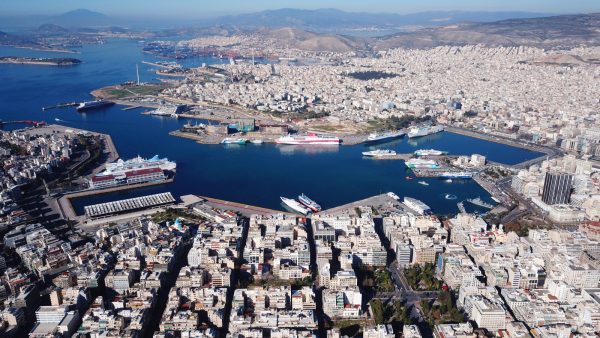
Piraeus: Official Easter Shopping Hours and Retail Schedule
In anticipation of Easter, the Piraeus Chamber of Commerce has announced the proposed holiday hours for retail stores, running from Thursday, April 10 to Holy Saturday, April 19, 2025

World Day of Physical Activity: About One in Three Greek Adolescents Physically Inactive
Almost one-third (30.4%) of Greek adolescents are considered physically inactive, meaning they engage in less than three days of physical activity per week. This rate is significantly higher than the international average of 24%
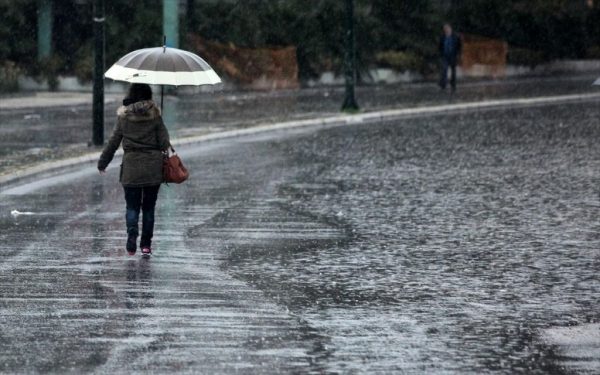
Unseasonably Low Temps, Storms, Snow Forecasted for Greece
A sharp decline in temperatures will begin Sunday afternoon in Macedonia and Thrace, progressively affecting central and southern Greece through Monday and Tuesday

Higher Prices for Easter Table Staples ‘Sting’ Greek Households
As inflation and production costs continue to weigh on the market, Greek families may find this year's Easter table more expensive than in previous year
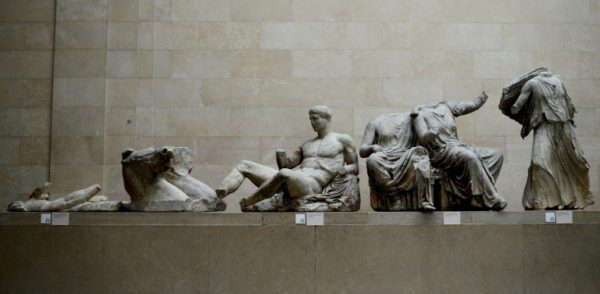
Eluned Morgan: The Parthenon Marbles should be returned to Greece
The Welsh First Minister takes a clear stance in support of the reunification of the Parthenon Marbles in an exclusive interview with TA NEA Weekend

Traffic Disruptions in Athens This Weekend for Major Cycling Event
Athens police advise all residents and visitors to plan ahead and allow extra travel time
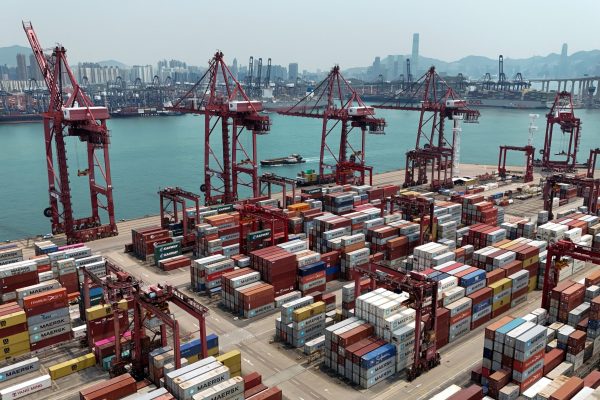
Trump’s 10% Tariffs Take Effect, Ushering in New Era in Trade
Trump’s tariffs represent a direct break from the post-WWII global trade framework that prioritized negotiated, reciprocal tariff reductions.

Oil Price Drops 8%
The sell-off was fueled by escalating fears of a global trade war after China responded aggressively to new U.S. tariffs, signaling a deepening economic rift.

Greece Opens Summer 2025 Season with 28.2 Million Airline Seats, Up 4.6%
The United Kingdom remains Greece’s largest source market, accounting for 5.6 million airline seats—an increase of 2.2% from last year—and representing 20% of the total.
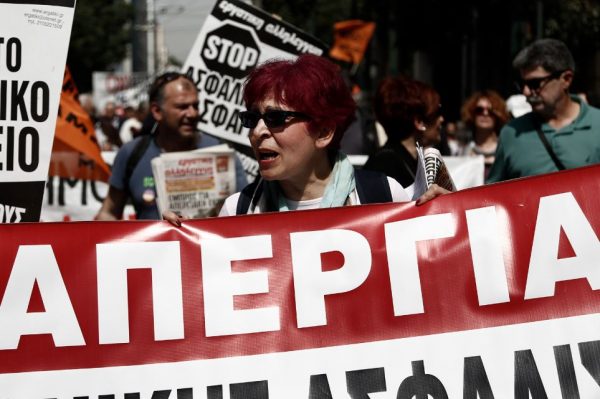
Greece’s Top Unions Announce April 9 Nationwide Strike
As of now, there is no official announcement on whether workers in public transport systems will join the strike, leaving questions about the availability of buses, metro, and trams on the day.













![Airbnb: Ρεκόρ διανυκτερεύσεων σε καταλύματα βραχυχρόνιας μίσθωσης – Στα ύψη η ζήτηση σε Ελλάδα [γραφήματα]](https://www.ot.gr/wp-content/uploads/2024/07/airbnb-1-90x90.jpg)


![Διεθνής Αερολιμένας Αθηνών: Νέα αύξηση 10% στην επιβατική κίνηση τον Μάρτιο [πίνακες]](https://www.ot.gr/wp-content/uploads/2025/04/aerodromiovenizelos_ape-768x433-1-90x90.jpg)












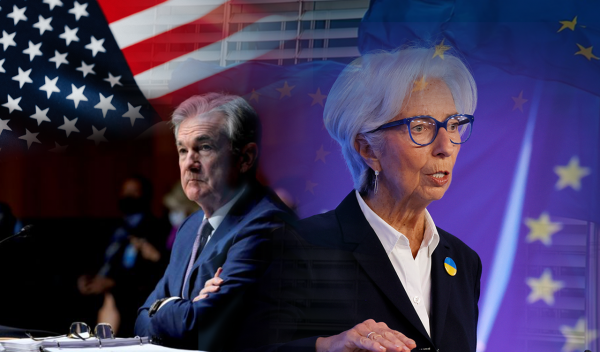


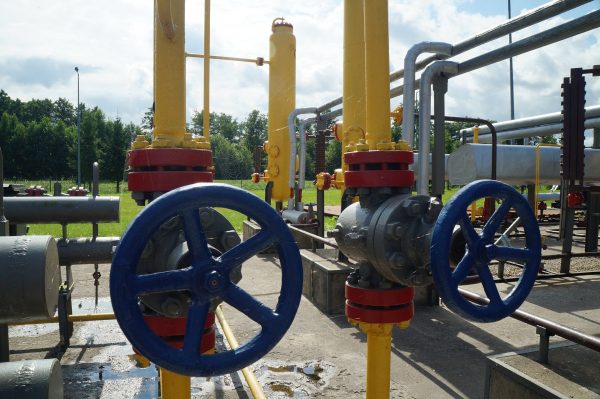
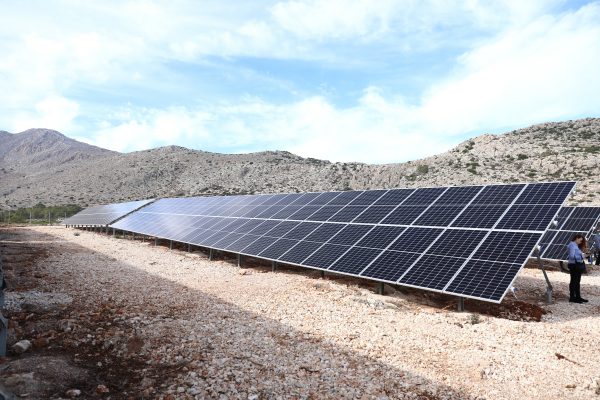






 Αριθμός Πιστοποίησης
Αριθμός Πιστοποίησης